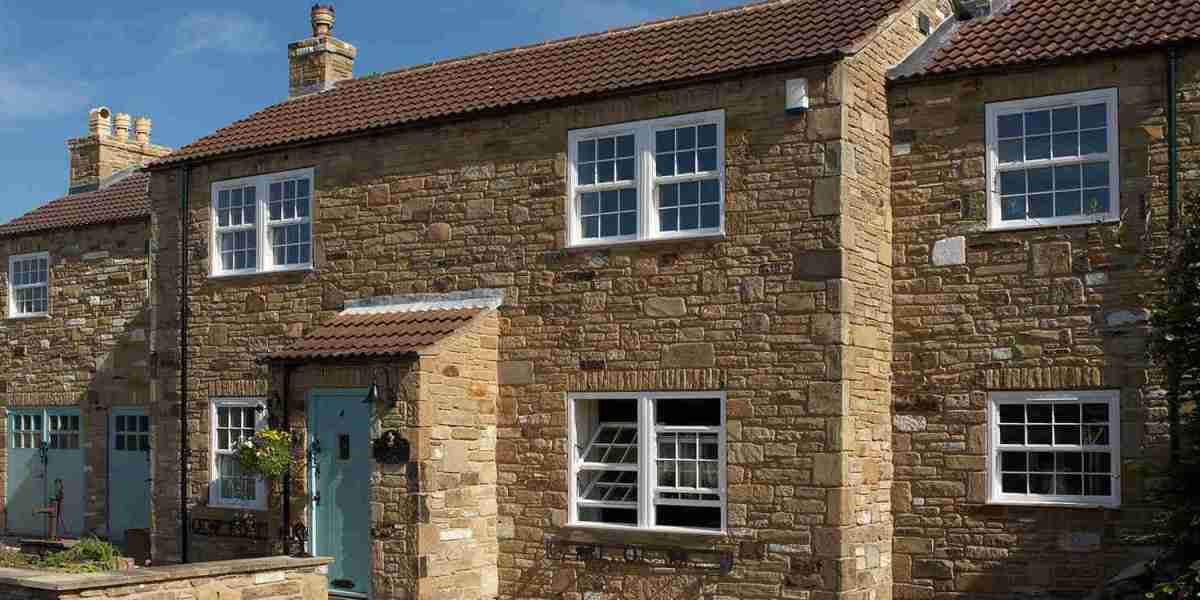In today's world, where sustainability and energy efficiency are of utmost importance, insulating glass windows have emerged as a game-changer in the construction industry. These innovative windows have revolutionized the way buildings conserve energy and enhance occupants' comfort. The insulating glass window market has experienced significant growth in recent years, driven by the increasing demand for energy-efficient building solutions and the growing focus on environmental conservation.
Insulating glass windows, also known as double-glazed or thermal windows, consist of two or more glass panes separated by a hermetically sealed space filled with air or insulating gas, such as argon or krypton. This design creates a thermal barrier that minimizes heat transfer, effectively reducing the energy required for heating or cooling buildings. The insulated space between the glass panes acts as a buffer, preventing heat loss during winters and heat gain during summers.
One of the primary drivers behind the growth of the insulating glass window market is the rising awareness of energy conservation and sustainable construction practices. Governments and regulatory bodies around the world have implemented stringent energy efficiency standards and building codes, compelling architects and builders to adopt energy-saving solutions. Insulating glass windows play a crucial role in meeting these requirements, as they offer significant reductions in heating and cooling costs, resulting in lower carbon emissions.
The market for insulating glass windows has also witnessed a surge due to the increasing demand for green building certifications, such as LEED (Leadership in Energy and Environmental Design) and BREEAM (Building Research Establishment Environmental Assessment Method). These certifications recognize and promote the use of sustainable materials and energy-efficient practices in construction. Insulating glass windows contribute significantly to achieving the desired energy efficiency targets and can earn valuable points towards the certification process.
Moreover, insulating glass windows provide numerous benefits beyond energy efficiency. They help reduce condensation, minimize external noise transmission, and enhance indoor comfort by maintaining more stable indoor temperatures. The improved thermal insulation also reduces the reliance on heating, ventilation, and air conditioning (HVAC) systems, resulting in reduced energy consumption and lower utility bills.
The insulating glass window market has seen remarkable advancements in recent years. Manufacturers are continually investing in research and development to enhance the performance and features of these windows. Modern insulating glass windows now come with low-emissivity (Low-E) coatings, which further improve their energy efficiency. Low-E coatings help reflect the heat back into the room during winters while allowing natural light to pass through, thereby reducing the need for artificial lighting.



